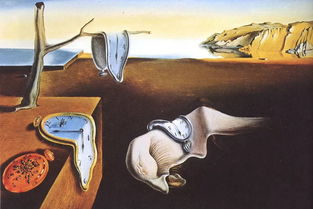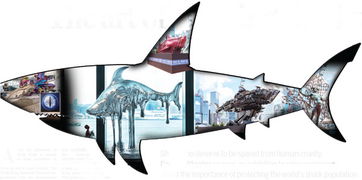Content:
Fishing, an ancient pastime that has been cherished by millions around the world, is not just a sport but a way to connect with nature and unwind. Whether you are a seasoned angler or a beginner looking to cast your line into the unknown, mastering the art of fishing requires a blend of patience, skill, and knowledge. In this article, we will delve into the essential techniques that can help you become a more proficient fisherman.
Choosing the Right Equipment
Before you can start fishing, you need to have the right equipment. Here's a breakdown of the basic gear you'll need:
Rod and Reel: The rod and reel combination is the backbone of your fishing setup. Choose a rod that matches the type of fishing you plan to do. For example, a spinning rod is great for freshwater fishing, while a baitcasting rod is ideal for larger, saltwater species.
Line: The type of line you use depends on the fish you're targeting and the conditions of the water. Monofilament is versatile and floats, while fluorocarbon is nearly invisible to fish and sinks quickly.
Hooks: Hooks come in various sizes and shapes, designed to suit different types of fish. Select the appropriate hook size based on the fish you're after.
Lures and Bait: Lures mimic the movement of real fish, while bait consists of natural food sources. Experiment with different lures and baits to see what works best in your fishing spot.
Tackle Box: A tackle box is a must-have for storing your equipment. It should be organized to keep your hooks, sinkers, swivels, and other essentials within reach.
Mastering the Basics
Once you have your equipment, it's time to learn the basics of fishing:
Casting: The ability to cast your line accurately is crucial. Practice your casting technique by holding the rod with both hands, bringing it back to your shoulder, and then flicking it forward with a smooth motion.
Baiting Your Hook: Whether you're using live bait or artificial lures, it's important to bait your hook properly. For live bait, thread it onto the hook so that it's secure but not too tight. For lures, attach them to the hook with a strong, secure knot.
Trolling: Trolling involves moving your boat at a steady speed while trailing a lure or bait behind it. This technique is effective for catching fish that follow schools of prey.
Fishing from the Shore: If you prefer to fish from the shore, find a spot with a good vantage point. Cast your line out and let it sink to the desired depth. Keep your line tight and be ready to set the hook when you feel a bite.
Setting the Hook: When you feel a fish bite, don't pull too hard. Instead, wait for the fish to take the bait and then set the hook gently but firmly.
Advanced Techniques
Once you've mastered the basics, you can start exploring more advanced techniques:

Fly Fishing: This technique involves casting a weighted fly line with a fly attached to the end. It requires precision and a different approach to casting and retrieving.
Jigging: Jigging involves repeatedly lifting and dropping a weighted lure in a vertical motion to attract fish. It's effective for bottom-dwelling species.
Surf Fishing: If you're near the ocean, surf fishing can be a thrilling experience. Cast your line into the waves and let it sink to the bottom before reeling it back in.
Ice Fishing: For those who enjoy winter fishing, ice fishing requires specialized equipment and techniques to safely fish through the ice.
Safety and Etiquette
Always prioritize safety and etiquette when fishing:
Safety First: Always wear a life jacket when fishing from a boat, especially if you're alone. Also, be aware of your surroundings and the weather conditions.
Respect the Environment: Leave no trace of your presence. Dispose of trash properly and respect wildlife and other anglers.
Follow Local Regulations: Familiarize yourself with local fishing regulations, including size and catch limits, to ensure you're fishing legally.
Share the Experience: If you're fishing with others, share your knowledge and experience to make the trip more enjoyable for everyone.
In conclusion, fishing is a skill that can be developed over time with practice and patience. By following these essential techniques and continuously honing your skills, you'll be well on your way to becoming a master angler. Whether you're targeting a small panfish or a majestic marlin, the joy of the catch is all part of the experience. Happy fishing!












